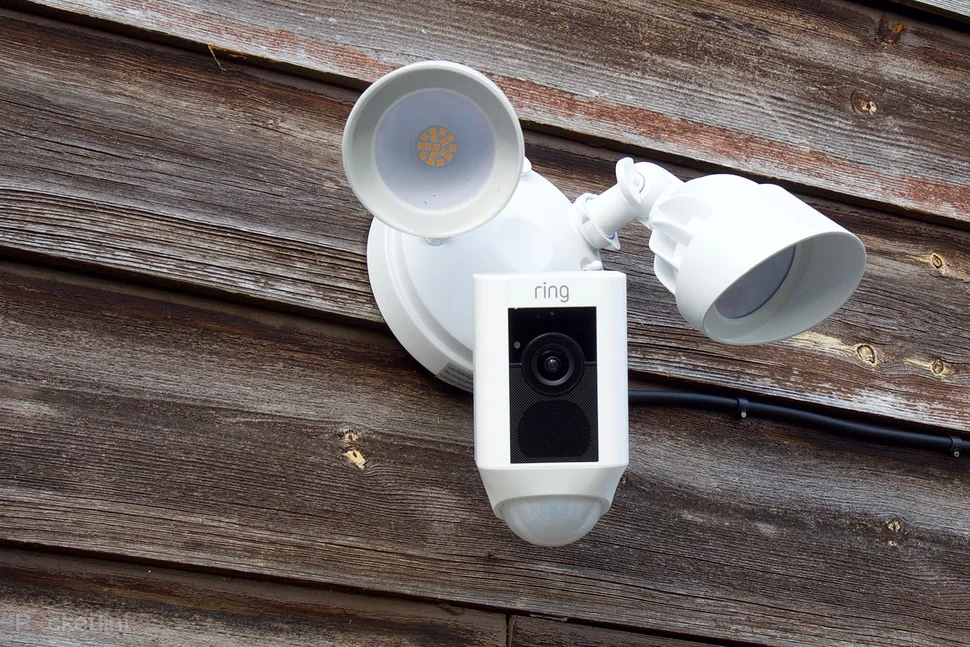Smart security systems are the way forward for the 21st Century, leaving traditional monitored alarm services that cost thousands of dollars (and have big subscription and call-out fees) in the dust.
The DIY options for home security out there are plentiful, and they offer free or low-cost monthly plans and no contracts.
Yet choosing the smart security system for your household's exact needs is quite the challenge.
The costs vary between the three widely-available brands in New Zealand: Nest, Arlo, and Ring.
Single cameras from these Silicon Valley companies start at $300-odd, and you can go up to a full four-camera system from Arlo for a hefty $1599.
Arlo's Pro system has many advantages. Battery-powered, wire-free, weatherproof cameras that can be placed anywhere. 1080p video. Night vision. No ongoing costs and free cloud storage for a rolling seven days of sound- and motion triggered HD security footage. And as a bonus, a 100 decibel alarm. However, one system is off-putting: the system requires a large central hub to function (which is also the alarm), and this must be plugged directly into your router through an ethernet cable.
Then there’s Nest, owned by Google. Nest's smart security offering is simple: indoor and outdoor cameras, plus a smoke and CO alarm if you want it. In the US, Nest offers more products (window alarms, tag entry systems, video doorbells) but these aren't available in New Zealand yet.
Nest's Cam Outdoor has 1080p video, two-way communication, 130 degree wide-view angle, weatherproof, but no alarm capability. It costs $359 for the camera and then ongoing cloud support is $8/month (5 days video history), $16/month (10 day) or $34/month (30 days). Unfortunately Nest's cameras have a major deal-breaker. They are not wireless. Outdoor cameras need to be plugged into an outdoor outlet, or fed into the roof space and connected up there.
Last but not least, there’s Ring. The $379 outdoor camera ticks all the boxes and more – it has everything the others brands do, plus it is completely wireless, has a built-in motion-activated spotlight, and 110-decibel alarm. Live video access via the app is free but for 60-day cloud storage it costs $4.50 a month.
Ring is our choice for residential self-install home security. I bought the outdoor camera plus the Ring video doorbell ($329), a handsome and sturdy self-install camera that comes with a lifetime purchase protection guarantee – if anyone ever steals my device off my door, Ring will replace it for free.
I've been with Ring for a month now and I'm mostly happy. Video quality from both devices is great. The battery has lasted the whole month and still has 20 per cent left. The alarm is loud enough for my neighbours to hear, and motion alerts to my smartphone work every time (though I had to keep reducing the motion area to be less sensitive to trees moving etc). The spotlight goes on like any other sensor light and is welcome additional security.
Ring isn't perfect for my home, though. I had to buy an additional Ring Chime Pro extender ($85) because the camera placement wasn't close enough to my router, despite having two WiFi bars. It's supposed to also extend my home WiFi but doesn't. There were also some problems accessing the live stream on the Ring app, which required over an hour on the phone with an (albeit very helpful) US-based help desk to reset and re-install my outdoor camera and Chime Pro several times.
Can I say Ring is the best out there for everyone? No. Arlo is your best bet if you want no ongoing costs for cloud storage and don't mind the upfront price tag. We can't really recommend Nest because of its wires, but if this isn’t a problem for you, do go ahead and buy this Google option.


